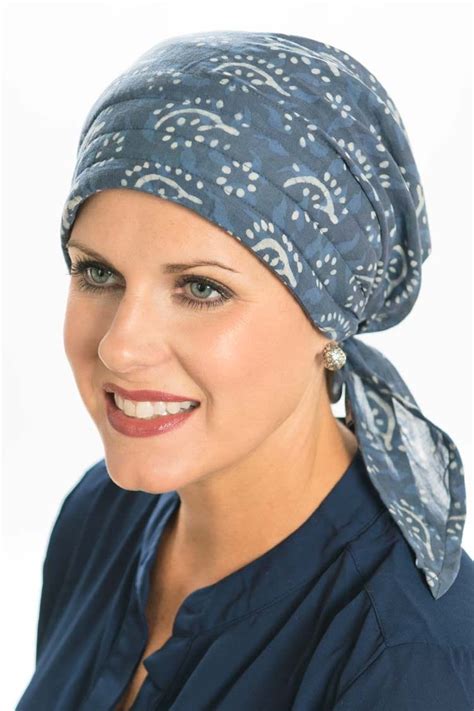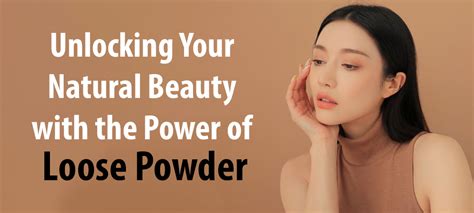In today’s beauty-conscious world, virgin hair stands as the epitome of opulence and allure. This unprocessed, untouched form of hair possesses an unmatched level of quality and versatility, captivating the hearts of hair enthusiasts worldwide.

What is Virgin Hair?
Virgin hair, also known as Remy hair, is hair that has never undergone any chemical or mechanical treatment. It retains its natural cuticle, which protects the hair shaft from external damage, resulting in a healthy, lustrous appearance.
Types of Virgin Hair
Virgin hair can be classified into different types based on its origin:
-
Indian Hair: Known for its thickness, volume, and ability to blend seamlessly with most hair textures.
-
Brazilian Hair: A popular choice for its soft, silky texture and high durability.
-
Peruvian Hair: Boasts a natural wave pattern and is great for creating voluminous styles.
-
Malaysian Hair: Features a medium texture and is suitable for versatile styling.
Benefits of Virgin Hair
Virgin hair offers numerous advantages over processed hair, including:
-
Unmatched Quality: The intact cuticle protects the hair shaft, making it less prone to damage and breakage.
-
Natural Beauty: Retains its natural color, texture, and shine, providing a radiant, healthy look.
-
Longevity: With proper care, virgin hair can last for several years, outperforming synthetic extensions.
-
Versatility: Can be styled, colored, and chemically treated without compromising its integrity.
How to Choose Virgin Hair
Selecting the right virgin hair requires careful consideration:
-
Determine Your Hair Type: Match the texture and thickness of the virgin hair to your own hair for a seamless blend.
-
Consider Your Budget: Virgin hair can be expensive, so set a budget before making a purchase.
-
Research Suppliers: Look for reputable suppliers with positive customer reviews and a track record of delivering high-quality hair.
Maintaining Virgin Hair
To preserve the beauty of virgin hair, follow these care guidelines:
-
Wash Gently: Use sulfate-free shampoo and lukewarm water. Over-washing can strip away natural oils.
-
Condition Regularly: Apply conditioner to the mid-lengths and ends to hydrate and nourish the hair.
-
Detangle Carefully: Use a wide-tooth comb or brush to prevent breakage.
-
Avoid Heat Damage: Limit the use of heat styling tools and always use a heat protectant.
Innovative Applications of Virgin Hair
Beyond its traditional use for hair extensions, virgin hair is also finding innovative applications in:
-
Medical Devices: Used in the creation of artificial skin grafts and hair loss treatments.
-
Cosmetics: Incorporated into hair care products for its strengthening and moisturizing properties.
-
Art and Fashion: Utilized in high-end fashion and hair art installations, adding a touch of natural elegance.
Testimonials from Satisfied Customers
“My virgin hair extensions blended perfectly with my natural hair. I can style them as I like without worrying about damage.” – Sarah, a satisfied customer
“The longevity of my virgin hair is amazing! I’ve had them for over a year and they still look as good as new.” – Jessica, a returning customer
Strategies for Boosting Virgin Hair Quality
-
Invest in a Hair Mask: Use deep conditioning masks regularly to hydrate and repair dry or damaged hair.
-
Get Regular Trims: Remove split ends to prevent them from traveling up the hair shaft.
-
Use Silk Pillowcases: Silk’s smooth surface reduces friction, minimizing hair breakage during sleep.
Pros and Cons of Virgin Hair
Pros:
- Unparalleled quality and durability
- Natural beauty and versatility
- Long-lasting
Cons:
- Can be expensive
- Requires proper care to maintain quality
- May not be readily available in all hair textures or colors
FAQs About Virgin Hair
-
Is virgin hair real human hair? Yes, virgin hair is genuine human hair that has not been chemically processed.
-
How long does virgin hair last? With proper care, virgin hair can last for several years.
-
Can I color virgin hair? Yes, virgin hair can be safely colored using professional hair color products.
Tables
Table 1: Types of Virgin Hair and Their Origins
| Hair Type | Origin |
|---|---|
| Indian | India |
| Brazilian | Brazil |
| Peruvian | Peru |
| Malaysian | Malaysia |
Table 2: Benefits of Virgin Hair
| Benefit | Description |
|---|---|
| Unmatched Quality | Protected cuticle prevents damage and breakage |
| Natural Beauty | Retains natural color, texture, and shine |
| Longevity | Lasts for several years with proper care |
| Versatility | Can be styled, colored, and chemically treated |
Table 3: Care Guidelines for Virgin Hair
| Practice | Purpose |
|---|---|
| Wash Gently | Preserves natural oils |
| Condition Regularly | Hydrates and nourishes |
| Detangle Carefully | Prevents breakage |
| Avoid Heat Damage | Protects hair from damage |
Table 4: Strategies for Boosting Virgin Hair Quality
| Strategy | Purpose |
|---|---|
| Hair Mask | Repairs dry or damaged hair |
| Regular Trims | Removes split ends |
| Silk Pillowcases | Reduces friction and breakage |
